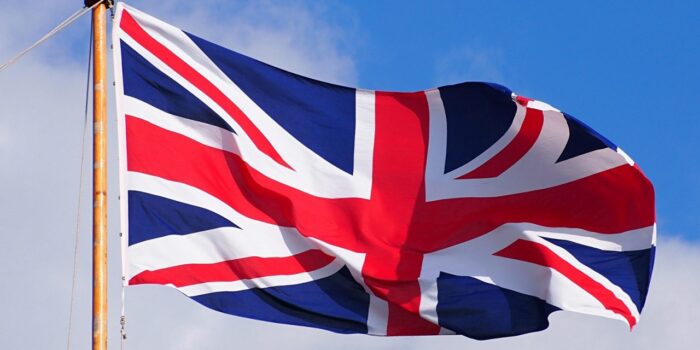UK ministers and the Scottish government agreed over proposed freeports in Scotland. The plan proposed two green freeports, which can be rail or air hubs as well as seaports.
According to the Guardian, Scottish ministers instead proposed the idea of green ports, based around low-emission industries and fair work practices. The deal appears to follow this model, but with the compromise name of “green freeports”.
A bidding process for the two locations will run from this spring until summer, with the Department for Levelling Up, Housing and Communities, which is leading the process, saying it hopes the sites will be running by spring next year.
Any consortium submitting a bid “must guarantee that local communities will benefit from it, as well as delivering on ambitious targets for net zero.”.
In July 2021, the Scottish government released a longlist of areas being considered for its own green port plans: Dundee; a series of areas around the Firth of Forth; a similar collection of sites around Glasgow; Cairnryan, a port near Stranraer; Shetland; Orkney; Aberdeen and Peterhead; and Montrose.
For the green freeports the process will start again, with both the Scottish and UK governments assessing the bids and having an equal say on the choice.
I am pleased we have been able to reach an agreement on a joint approach that recognises the distinct needs of Scotland and enshrines the Scottish government’s commitment to achieving net zero and embedding fair work practices through public investment
Kate Forbes, Scotland’s finance secretary, said.
Eight freeports in England have already been confirmed, with tax breaks including no stamp duty, full rebates for construction and machinery investment, five years of zero business rates, and lower tariffs and customs obligations.
Most will be around busy coastal cargo ports, such as Felixstowe, Liverpool, Hull, Southampton and London Gateway. The others are Plymouth, Teesside and a zone around East Midlands airport.
In 2020, the EU announced a review of the 82 freeports across the continent after identifying that their special tariff and duty status aided the financing of terrorism, money laundering and organised crime.






























































